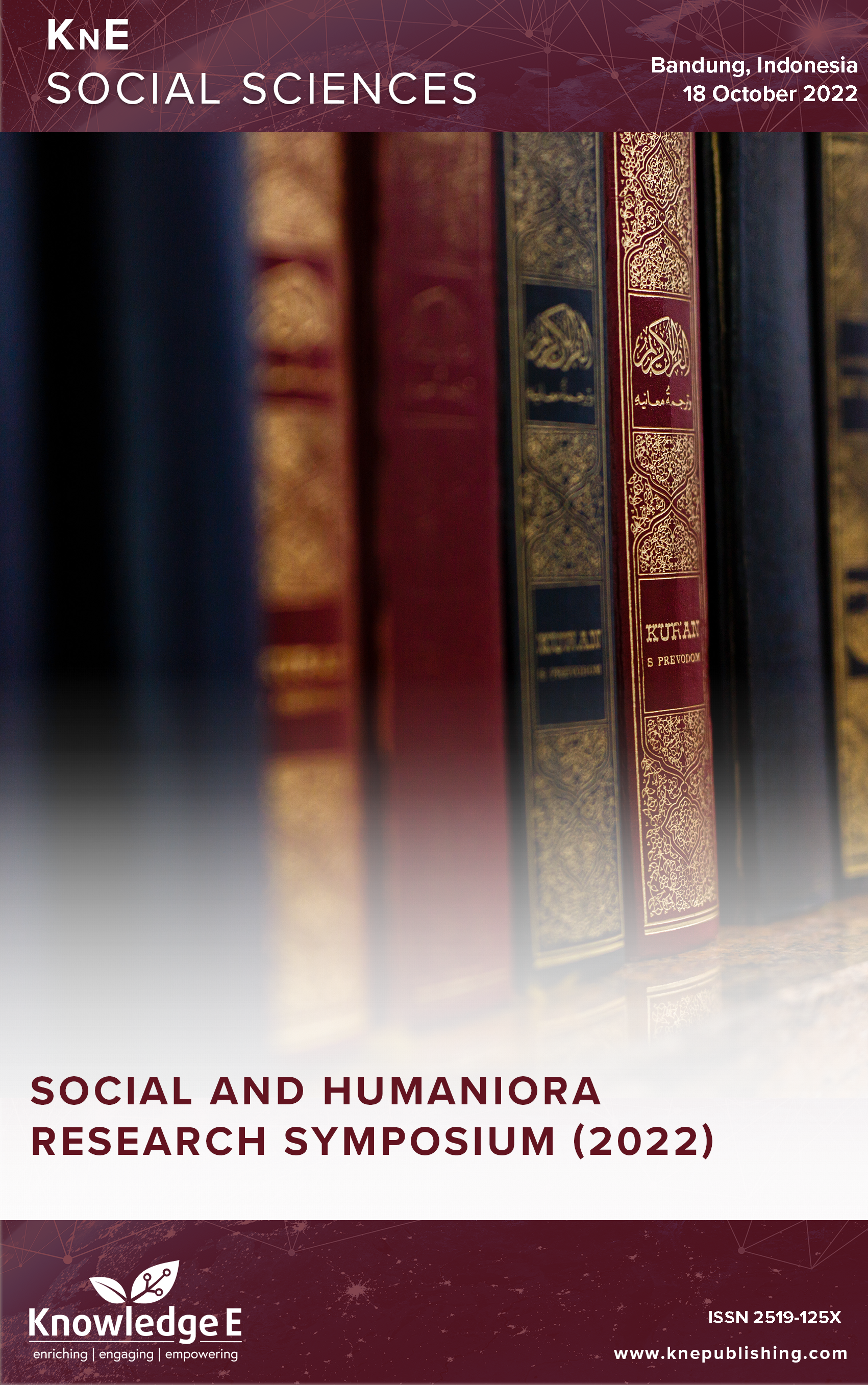Transforming the Millennium Development Goals (MDGs) to Social Development Goals (SDGs) in Manufacturing Companies
DOI:
https://doi.org/10.18502/kss.v8i18.14273Abstract
This study aims to analyze the transformation of the millennium development goals (MDGs) into social development goals (SDGs) in manufacturing companies in Banten Province. The specific objectives of this study are to analyze the relationship: 1) Environmental transformation with sustainable practices (E-MDGs); 2) Social transformation with sustainable practices (S-MDGs); 3) Transformation of governance with sustainable practices (G-MDGs); 4) Overall ESG transformation with existing manufacturing company sustainability practices in Banten Province and provides a framework for understanding sustainable transformation processes (MDGs-SDGs). The data analysis technique used in this research is descriptive and inferential non-parametric statistics using SPSS v 25 and SEM-AMOS v25 analysis tools. The SDGs analysis was carried out using 14 criteria, and the MDGs 8 criteria. Primary data was obtained by interviewing and distributing questionnaires to 103 respondents via a Google form. The results of this study show that manufacturing companies in Banten Province have already implemented sustainability programs, most of which are still in line with the MDGs.
Keywords: transformation, environment, social, governance, sustainability
References
[2] Jamwal A, Agrawal R, Sharma M, Kumar V, Kumar S. Developing A sustainability framework for Industry 4.0. Procedia CIRP. 2021;98:430–5.
[3] Mihalic T. Conceptualising overtourism: A sustainability approach. Ann Tour Res. 2020 Sep;84:103025.
[4] Bell S, Morse S. Sustainability Indicators. Routledge; 2012. https://doi.org/10.4324/9781849772723.
[5] Lozano R. Analysing the use of tools, initiatives, and approaches to promote sustainability in corporations. Corp Soc Resp Environ Manag. 2020 Mar;27(2):982– 98.
[6] Scoones I. Sustainability. Dev Pract. 2007 Aug;17(4–5):589–96.
[7] Laszlo C, Sherman D, Whalen J. Creating Competitive Advantage: The Sustainable Value Model. Management Models for Corporate Social Responsibility. Berlin,Heidelberg: Springer Berlin Heidelberg; 2006. pp. 336–43.
[8] Stead JG, Stead WE. Sustainable strategic management: an evolutionary perspective. Int. J. Sustain. Strateg. Manag. 2008;1(1):62.
[9] Nurgiyantoro B. Penilaian Pembelajaran Bahasa. Yogyakarta: BPFE; 2010.
[10] Frindos R. “IN-DEPTH & OPINI,” Katadata.co.id, 2020.
[11] Enrico, “3 Transformasi yang Harus Dijalankan Indonesia Usai Pandemi COVID 19,” Liputan 6, Sep. 15, 2021.
[12] Brundtland GH. Our common future - Call for action. Environ Conserv. 1987;14(4):291– 4.
[13] Riyadi D. Indikator Kesejahteraan Rakyat 2015. Jakarta: Badan Pusat Statistik; 2015.
[14] Shihab M. Secerca Cahaya Ilahi. Bandung: Mizan; 2000.
[15] Whibawa B. Pengantar Pekerjaan Sosial. Bandung: Unpad Press; 2015.
[16] Adi F. Pengantar Pekerjaan Sosial. Bandung: Refika Aditama; 2014.
[17] Kumar S, Kumar N, Vivekadhish S. Millennium development goals (MDGS) to sustainable development goals (SDGS): addressing unfinished agenda and strengthening sustainable development and partnership. Indian J Community Med. 2016;41(1):1–4.
[18] Gillan SL, Koch A, Starks LT. Firms and social responsibility: A review of ESG and CSR research in corporate finance. J Corp Finance. 2021;66:101889.
[19] Olmedo EE, Torres MJ, Izquierdo MA. Socially responsible investing: sustainability indices, ESG rating and information provider agencies. Int J Sustain Econ. 2010;2(4):442.
[20] Bebbington J. Sustainable development: a review of the international development, business and accounting literature. Account Forum. 2001;25(2):128–57.

